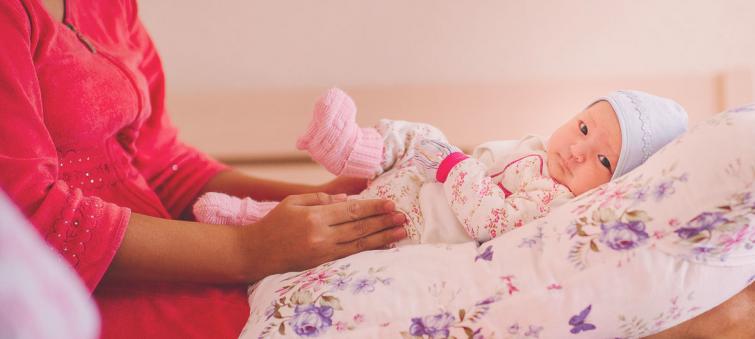
UN refugee agency welcomes move to register all births in Kazakhstan
New York/IBNS: The decision to ensure that all babies born in Kazakhstan are registered at birth and issued birth certificates has been welcomed by the UN refugee agency, UNHCR.
The country this month amended its Code on Marriage and Family to allow universal birth registration for all children regardless of the legal status of their parents.
We have seen tremendous progress halfway through our 10-year #IBelong campaign to end statelessness. But millions remain without a nationality and millions are still at risk of being stateless.
“This will benefit children born to parents who are undocumented in Kazakhstan and people with undetermined nationality; and will also prevent children from becoming stateless in the future,” Yasuko Oda, UNHCR’s Regional Representative for Central Asia, said on Thursday.
UNHCR explained that lack of birth registration and a birth certificate can make it difficult for a person to prove where they were born, as well as family ties, thus blocking their entitlement to the nationality of any State.
While Kazakhstan has a birth registration rate of almost 100 per cent, children born to undocumented migrants and people with undetermined nationality were previously unable to have their births officially recorded.
The legislative amendments follow commitments made in October at a meeting on statelessness, where the authorities pledged to improve access to birth registration procedures.
In 2014, UNHCR launched a 10-year campaign to address statelessness called #IBelong. Since then, agency partners have identified more than 5,000 people in Kazakhstan who could be affected, many of whom were children who lacked birth registration and birth certificates.
So far, more than 1,500 have received assistance, 10 per cent of whom were children whose births were not registered because their parents were undocumented.
UNCHR says millions of people around the world are stateless, meaning they are denied basic rights and official recognition.
Although data from 78 countries puts the figure at some 3.9 million, the agency believes the number is significantly higher.
Photo caption and credit:
UNICEF/Andrey Kim
A mother tends to her baby at a women's centre in Aktau City, Kazakhstan.
Support Our Journalism
We cannot do without you.. your contribution supports unbiased journalism
IBNS is not driven by any ism- not wokeism, not racism, not skewed secularism, not hyper right-wing or left liberal ideals, nor by any hardline religious beliefs or hyper nationalism. We want to serve you good old objective news, as they are. We do not judge or preach. We let people decide for themselves. We only try to present factual and well-sourced news.







